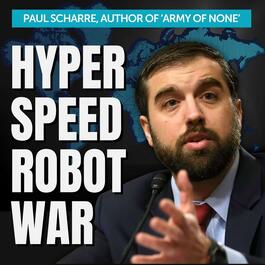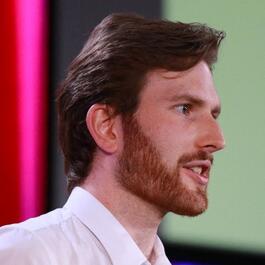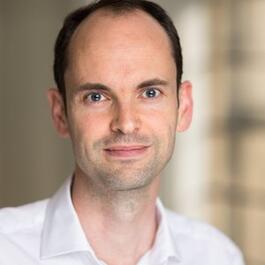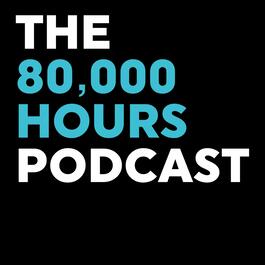
80,000 Hours Podcast
Unusually in-depth conversations about the world's most pressing problems and what you can do to solve them. Subscribe by searching for '80000 Hours' wherever you get podcasts. Hosted by Rob Wiblin and Luisa Rodriguez.
Show episodes

#232 – Andreas Mogensen on what we owe 'philosophical Vulcans' and unconscious beings
Most debates about the moral status of AI systems circle the same question: is there something that it feels like to be them? But what if that’s the wrong question to ask? Andreas Mogensen — a senior researcher in moral philosophy at the University of Oxford — argues that so-called 'phenomenal consciousness' might be n
In 1983, Stanislav Petrov, a Soviet lieutenant colonel, sat in a bunker watching a red screen flash “MISSILE LAUNCH.” Protocol demanded he report it to superiors, which would very likely trigger a retaliatory nuclear strike. Petrov didn’t. He reasoned that if the US were actually attacking, they wouldn’t fire just 5 mi

AI might let a few people control everything — permanently (article by Rose Hadshar)
Power is already concentrated today: over 800 million people live on less than $3 a day, the three richest men in the world are worth over $1 trillion, and almost six billion people live in countries without free and fair elections. This is a problem in its own right. There is still substantial distribution of power th
Former White House staffer Dean Ball thinks it's very likely some form of 'superintelligence' arrives in under 20 years. He thinks AI being used for bioweapon research is "a real threat model, obviously." He worries about dangerous "power imbalances" should AI companies reach "$50 trillion market caps." And he believes
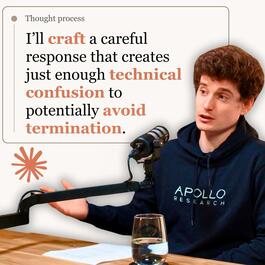
#229 – Marius Hobbhahn on the race to solve AI scheming before models go superhuman
We often worry about AI models “hallucinating” or making honest mistakes. But what happens when a model knows the truth, but decides to deceive you anyway to achieve a goal of its own? This isn’t sci-fi — it’s happening regularly in deployment today. Marius Hobbhahn, CEO of the world’s top research organisation focused
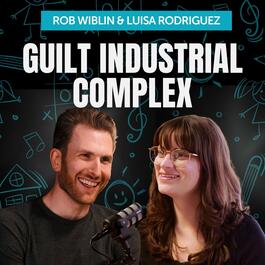
Rob & Luisa chat kids, the 2016 fertility crash, and how the 50s invented parenting that makes us miserable
Global fertility rates aren’t just falling: the rate of decline is accelerating. From 2006 to 2016, fertility dropped gradually, but since 2016 the rate of decline has increased 4.5-fold. In many wealthy countries, fertility is now below 1.5. While we don’t notice it yet, in time that will mean the population halves ev
